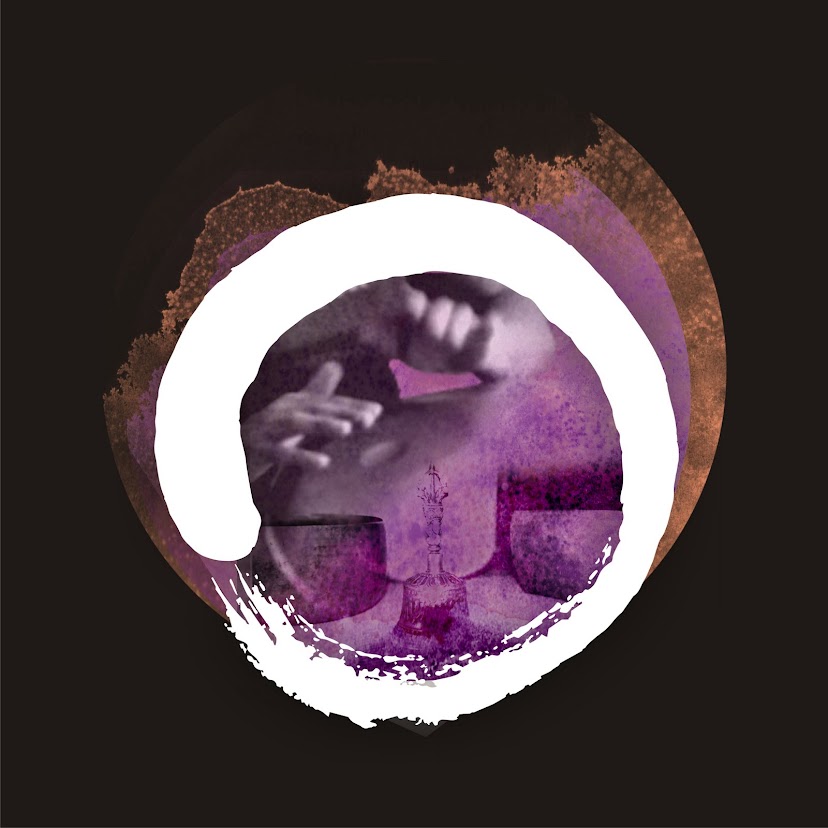Volver al silencio del corazón
En la superficie, la mente es inquieta, agitada y engañosa, pero en su profundidad y vacío, solo hay paz, amor y Verdad. El silencio es la respuesta a lo que somos. Nos revela las verdades del corazón y los tesoros de nuestra conciencia. De su caudal inagotable de vida, surgen la creatividad y las grandes comprensiones de uno mismo. El silencio no debe confundirse con la ausencia de ruido externo. Está en sosegar el diálogo interior y conectar con la sabiduría innata. Al detenernos a escuchar y observar la mente, al principio es normal que todo sea alteración y bullicio (conversaciones, imágenes, ideas...), siendo el hábito que hemos mantenido. Pero podemos empezar a cambiarlo en cualquier momento, si nos proponemos ir adentrándonos en ella. A través de la meditación o permaneciendo en contacto con la respiración, nos resultará más fácil y alcanzable. En la medida que contemples sin juicio y con aceptación ese todo que sucede, irás integrando más el estado de silencio. La constancia y la paciencia en el tiempo, son fundamentales. Finalmente cuando el ruido disminuye, se convierte en un sonido que ya no nos distrae. Dejamos de identificarnos con él. En el momento que somos conscientes de nuestro observador interno y silencioso, experimentamos la unión con el propio ser.
-Jose A. Manchado
Return to the silence of the heart
-Jose A. Manchado
Return to the silence of the heart
On the surface, the mind is restless, agitated and deceitful, but in its depth and emptiness, there is only peace, love and truth. Silence is the answer to who we are. It reveals the truths of the heart and the treasures of our consciousness. Creativity and great self-understandings arise from its infinite flow of life. Silence should not be confused with the absence of external noise. It is about calming the inner dialogue and connecting with the innate wisdom. When we calm down to listen and observe the mind, at first it is normal that everything is alteration and noise (conversations, images, ideas...), as this is the habit that we have maintained so far. But we can start to change it at any time, if we intend to go deeper into it. Through meditation or by remaining in contact with our breathing, it will be easier and more attainable. The more you contemplate without judgment and with acceptance that everything that happens, the more you will integrate the state of silence. Perseverance and patience are essential. Finally, when the noise reduces, it becomes a sound that no longer distracts us. We no longer identify with it. The moment we are conscious of our inner and silent observer, we experience the union with our own being.
-Jose A. Manchado



